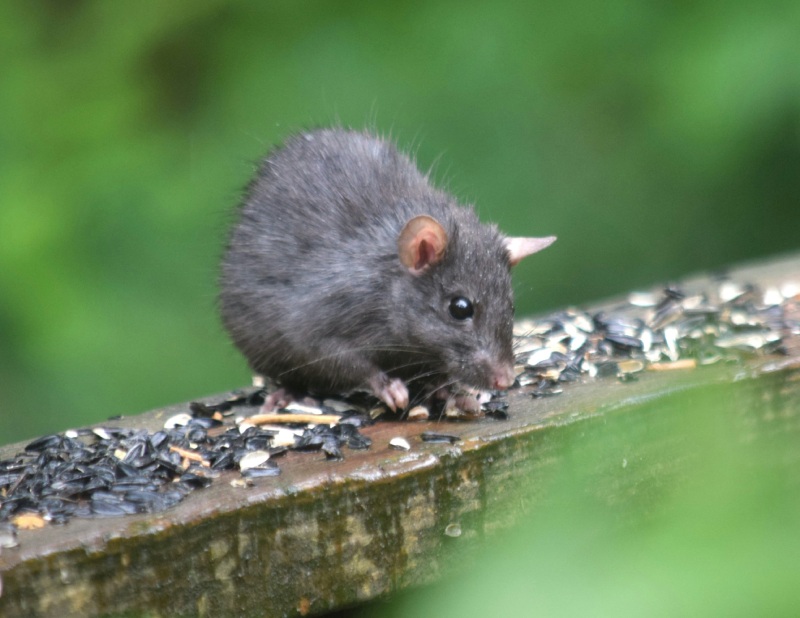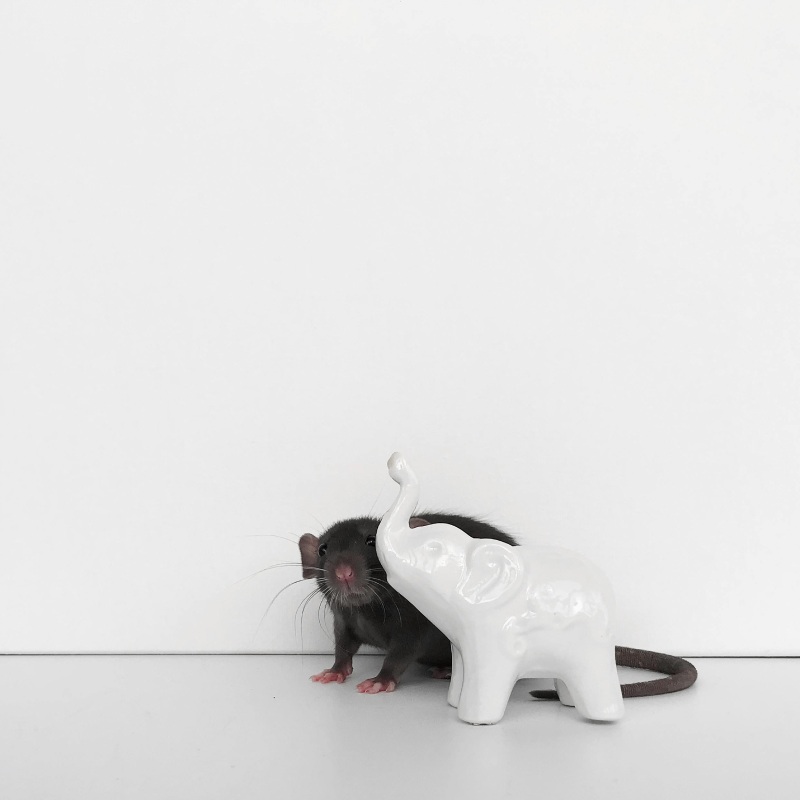Rats are fascinating creatures with varying lifespans depending on their environment. Whether in the wild or in captivity, the average lifespan of a rat can differ significantly due to a range of factors. Understanding these factors can help pet owners provide better care for their rats and can also offer insight into the life cycle of these animals in nature.
Rat Lifespan
The lifespan of a rat typically ranges from 2 to 3 years. However, this number can vary based on several factors such as genetics, diet, living conditions, and health care. While some rats live longer, the majority tend to have relatively short lives due to natural predators and health issues.

How Long Do Rats Live in Captivity
Pet rats, particularly those kept in a safe, controlled environment, tend to live longer than their wild counterparts. On average, a pet rat will live between 2 to 3 years, although some can reach up to 4 years with proper care. White rats, commonly kept as pets, are a breed known to live a bit longer than wild rats.
Factors That Affect Pet Rat Lifespan:
- Diet. A balanced diet rich in fresh fruits, vegetables, and rat pellets can help a pet rat live a healthier, longer life.
- Exercise. Rats need space to explore and exercise. A lack of stimulation can lead to stress, reducing their lifespan.
- Medical care. Regular vet checkups can prevent diseases and address health issues early, increasing their lifespan.
How Long Do Rats Live in the Wild
Wild rats, such as black rats and brown rats, typically have a shorter lifespan than domestic rats. The average wild rat lives only 1 to 2 years. This short lifespan is influenced by the harsh conditions they face in the wild, including predators, diseases, food scarcity, and environmental challenges.
Key Factors Reducing Wild Rat Lifespan:
- Predation. Cats, birds of prey, and other animals frequently hunt wild rats.
- Disease. Wild rats are vulnerable to parasites and illnesses that can shorten their lives.
- Lack of Food. Many wild rats face challenges in securing food, especially during colder months.
Rat Lifespan by Species
The lifespan of rats can vary depending on their species. White rats, commonly kept as pets, typically live between 2 to 3 years, although some may reach up to 4 years in captivity with proper care. On the other hand, wild rats such as black rats have a shorter lifespan, usually living around 1 to 2 years. Brown rats, also known as Norway rats, share a similar lifespan to black rats, averaging 1 to 2 years in the wild. These differences in lifespan are influenced by factors like living conditions, food availability, and exposure to predators or diseases.
What Affects a Rat’s Lifespan
Several factors can influence how long a rat lives, whether in the wild or captivity. Here are some of the most significant:
Diet and Nutrition
Rats that are fed a balanced diet with essential nutrients are more likely to live longer, healthier lives.
Health Conditions
Common health problems in rats, such as tumors, respiratory issues, and obesity, can cut their lives short.
Living Environment
Rats in clean, safe, and stimulating environments, like well-maintained pet cages, tend to live longer than those in cramped, unhealthy conditions.
Genetics
Some rats are naturally predisposed to live longer lives due to their genetic makeup.
In conclusion, a rat’s lifespan is influenced by diet, health, environment, and genetics. A balanced diet, good health care, and a safe, stimulating environment can help extend a rat’s life, especially in captivity. Genetics also play a role, with some rats naturally living longer. By addressing these factors, rats can enjoy longer, healthier lives, while wild rats face more challenges that limit their lifespan.
How Long Do Rats Live Without Food
Rats are resilient animals, but they still need food and water to survive. In extreme conditions, rats can live without food for up to 2 weeks; however, they will likely become severely weak and may not survive much longer without access to water. Dehydration is typically a bigger threat than starvation.
How Long Do Rats Live in Captivity vs. the Wild
On average, rats live 2 to 3 years in captivity, which is about 1 to 2 years longer than their wild counterparts. The reasons for this difference include:
- Protection from predators. Pet rats are not exposed to the same threats as wild rats.
- Health care. Pet rats often receive medical attention that can help them avoid or treat diseases.
- Food security. In captivity, rats have constant access to food and water, reducing stress and improving their chances of living longer.

In conclusion, the average lifespan of a rat depends heavily on whether it lives in captivity or the wild. While wild rats tend to live only 1 to 2 years due to harsh conditions, pet rats in captivity can live up to 3 to 4 years with proper care. Rare cases of rats living up to 12 years demonstrate that with the right care and a bit of luck, these intelligent creatures can enjoy a longer life.
By understanding what influences a rat’s lifespan, owners can take steps to improve their pet’s quality of life and increase their chances of living a longer, healthier life.




